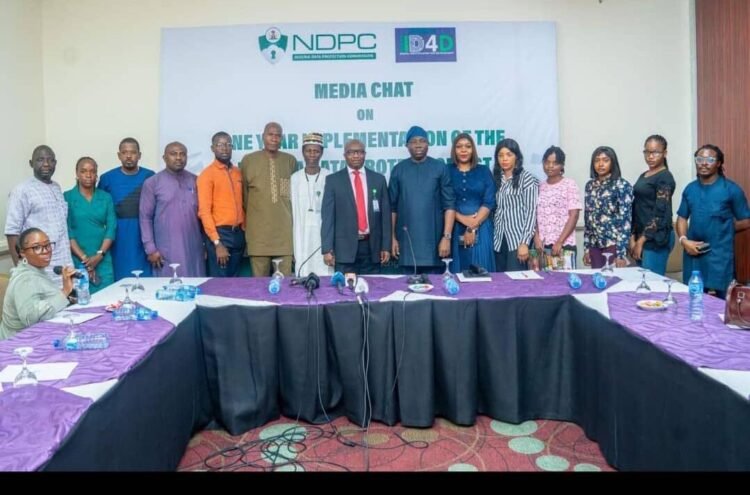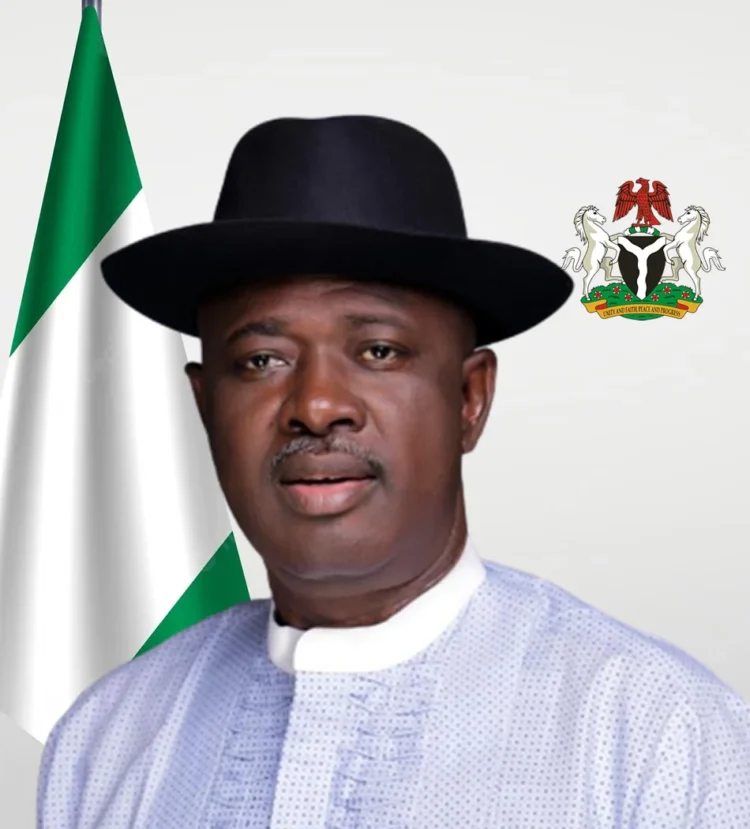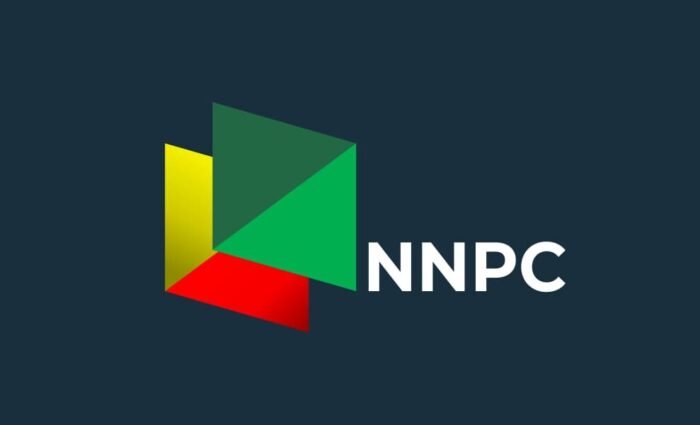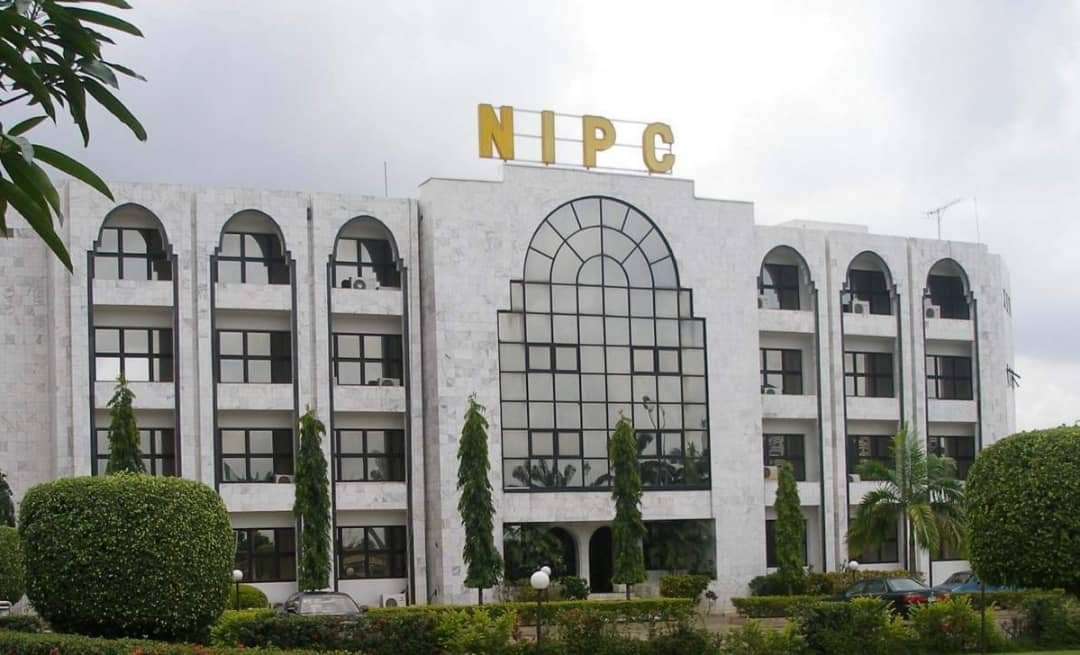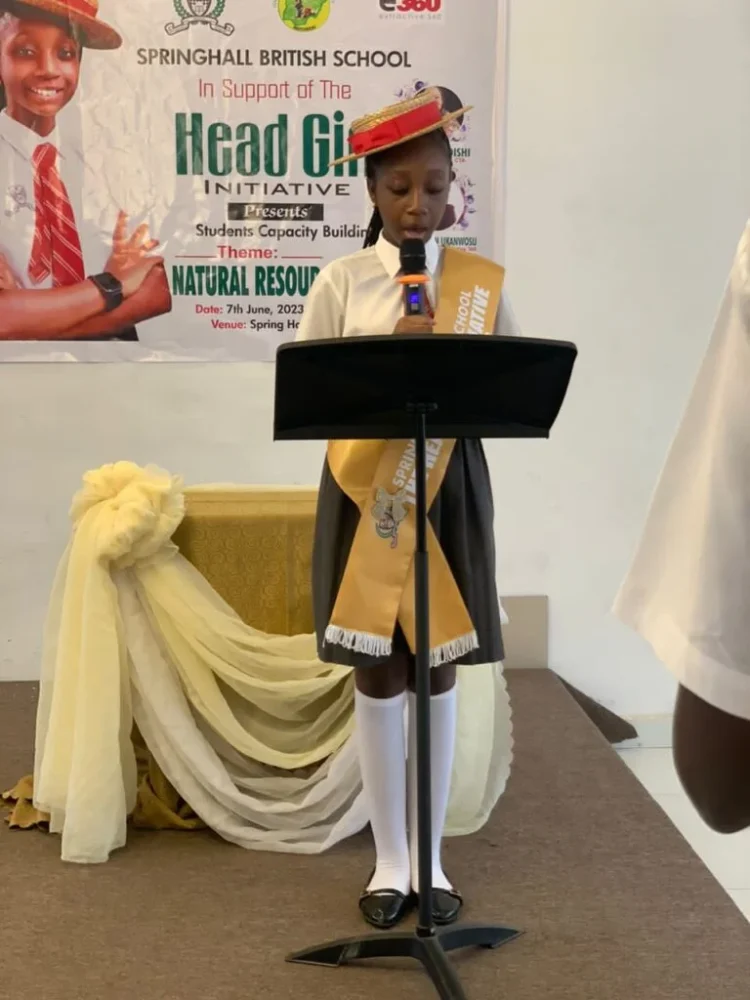Commission urges Nigerians to trust national identification systems
By Ijeoma Olorunfemi
The Nigeria Data Protection Commission (NDPC) has called on Nigerians to trust the data collection and digital identification systems by the government.
The commission said that the call became necessary as the national identification systems served as foundational identification means to protect their information.
Its National Commissioner, Dr Vincent Olatunji, said this on Tuesday at a news conference to mark the one year implementation of the Nigeria Data Protection Act (NDPA) in Abuja.
The News Agency of Nigeria (NAN) reports that NDPA bill was signed as an Act of parliament by President Bola Tinubu on June 12, 2023.
Olatunji said this was a major achievement and requirement for the country to participate in the comity of nations in the area of digital identification.
He said that issue of privacy was still vague to a lot of citizens which was not peculiar to Nigeria, adding that people needed to repose confidence in the process of digital identification.
“On June 12, 2023, President Bola Tinubu signed the bill as an act of Parliament and that was a testament that this ecosystem is beyond anybody. It is a global phenomenon that no forward looking country can afford to neglect.
“We are grateful that President Tinubu understands the power of technology which is at the bedrock of anything you do, digital technology is the foundational identity.
“An average transitional Nigerian needs the National Identification Number which is the foundational identity.
“It is that foundational identity that institutions that collect data reference when the need arises and which is why we need to support the National Identity Management Commission (NIMC) for it to work.
“If people don’t believe in digital identity, there is no way they will understand your message on data privacy,” he said.
He said the government was working on having a proper data interface for easy interoperability.
Olatunji said that the rights of Nigerians was important to the government, hence signing of the Act which had brought positive impacts.
“Signing the law gave us more credibility in the new administration and that is why we have attracted lots of attention within Nigeria and across the globe.
“The remarkable thing about the law is that we applied for the Global Privacy Assembly (GPA) in 2022 as a bureau and our application was rejected because we did not have a National legislation on data protection.
“Having been accredited less than one year now, Nigeria is on the front page of the GPA’s news letter for this quarter which is a big deal for us.
“The law legitimised the NDPC and we have gained global recognition, and in terms of economic value, we have an ecosystem that is worth over N10 billion now. The law has positioned Nigeria for digital presence,” he said.
Speaking on the benefits of the law to Nigeria, he said the commission gained the opportunity to host Data Protection Officers (DPOs) across Africa on a conference in May 2025.
Olatunji said the conference would impact the economic value of the country in the areas of tourism and culture, perception of the country at the global level and foreign direct investment.
“In terms of job creation and training, we have done a lot to ensure we deepen data protection in Nigeria.
“Part of what we are doing in the ministry is to train 10,000 public servants on responsible data management which the portal is already open.
“We have also licensed a national certification body that has been designed in a way that there is something for everyone no matter your career.
“We are going to launch the free training of 1000 DPOs that will be certified trainers which the process is ongoing and the portal will soon be open and that is part of the job creation initiative of the President,” Olatunji said.
According to him, there are so many things coming to this ecosystem and this is one good thing coming out of Nigeria and we all should support the process.
Mr Solomon Odole, Project Coordinator for Nigerian Digital Identification for Development (ID4D), said the news conference was an opportunity to create more awareness on data privacy.
“There are a lot of people that hear about this but they don’t understand the content of the law and its provisions.
“This is an opportunity to pass the message that we are interested in their personal information as citizens of Nigeria,” he said.
Odole said that the ID4D project was ready to support the commission to discharge its mandate and ensure that citizens’ personal information were safeguarded. (NAN)www.nannews.ng
==========
Edited by Deji Abdulwahab




